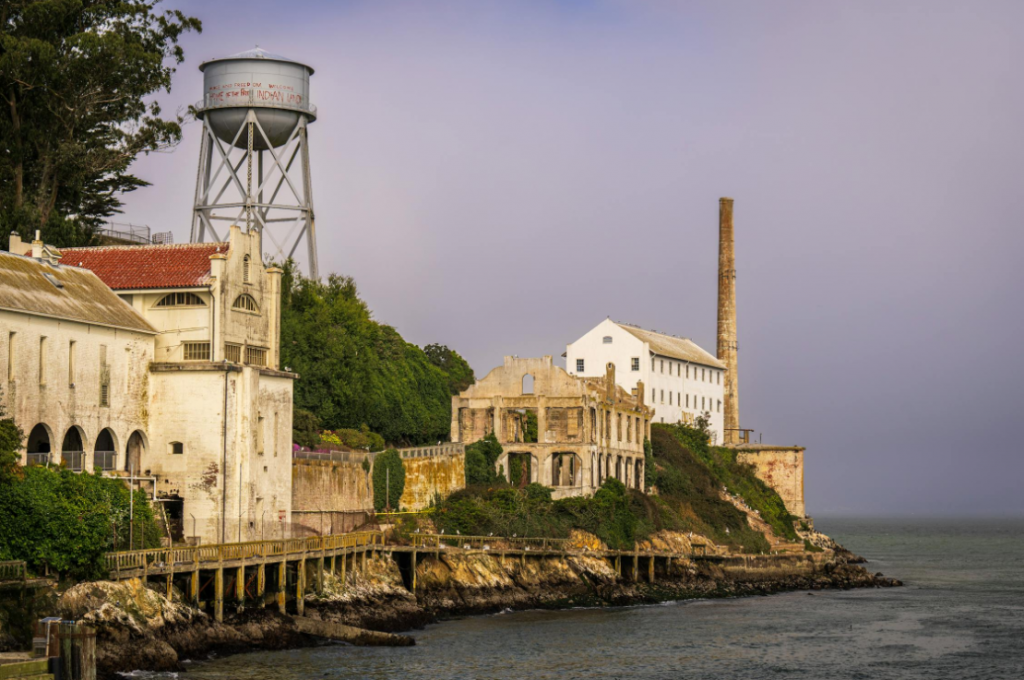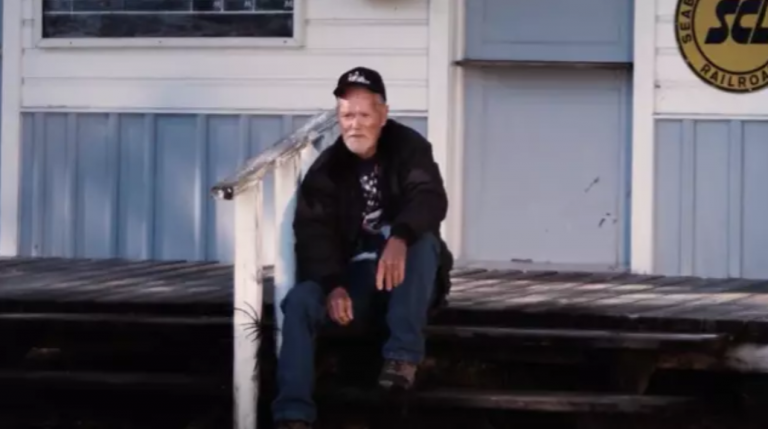Charlie Hopkins, one of the last living inmates of Alcatraz, has spoken out against President Trump’s plan to reopen the infamous prison, sharing haunting memories from his time there. Hopkins, now 93, was sent to Alcatraz in 1955 after trouble in other prisons. He described the island facility as an overwhelmingly lonely and silent place that “almost made [him] cry.”
“There was nothing to do,” Hopkins recalled. “You could walk back and forth in your cell or do push-ups.” With no radio, limited books, and only the sound of distant ship whistles, Hopkins said the silence was what truly wore him down. “That’s a lonely sound,” he said, comparing it to a Hank Williams song.

Despite Alcatraz’s closure in 1963, Trump recently announced plans to rebuild and reopen it to house “the most ruthless and violent offenders,” calling it a symbol of law, order, and justice. He directed several federal agencies, including the Bureau of Prisons and FBI, to begin preparations for a “substantially enlarged” version of the facility.
While Trump frames the move as a return to serious crime policy, Hopkins’ firsthand account of the prison’s harsh isolation offers a stark reminder of its grim history. As debate continues over the future of incarceration in the U.S., Alcatraz’s legacy looms large—both as a symbol of toughness and of deep human suffering.




